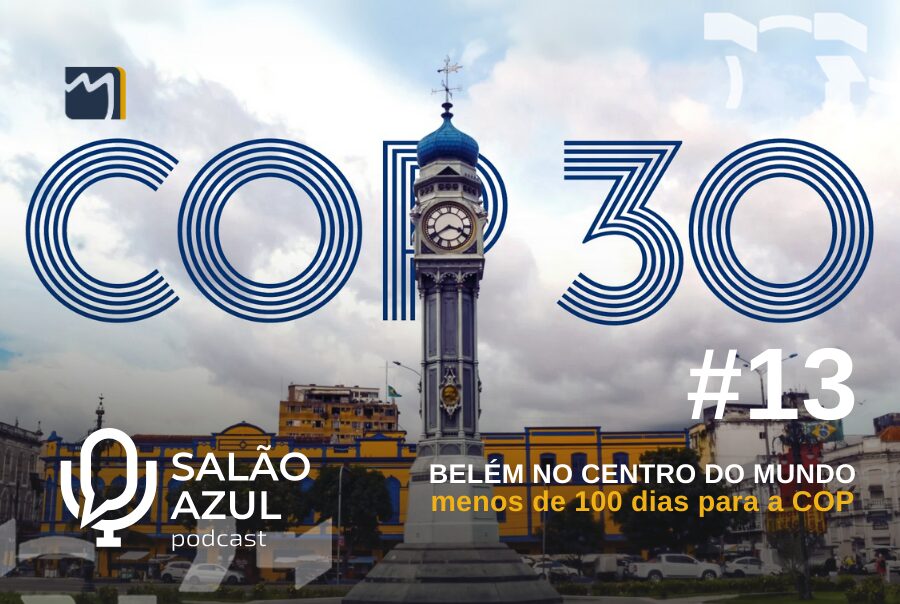The Ebola crisis in West Africa has taken the lives of over 4,900 people since the outbreak of the disease in January 2014 as reported by the last World Health Organization (WHO) report published on October 25th[1]. The primary cost of this urgent health crisis is in human lives and suffering but, in addition, the epidemic is also having a devastating impact on the economies of the West African countries and may affect business and governments worldwide.
In the core three countries affected by the disease (Guinea, Sierra Leone and Liberia) the economic impacts are already serious, damaging important growth and progress achieved by these nations in recent years after decades of civil wars and internal social conflicts. According to a recent World Bank study[2], the short-term economic impacts of the Ebola epidemic will cause major reductions on GDP growth and increase budget deficits of the directly affected countries. These effects present a major challenge for these nations’ economic progress, which is heavily dependent on foreign investment and highly vulnerable to even minor shocks.
Figure 1: Broad channels of short-term Ebola economic impact

Source: World Bank (September 17th 2014).[3]
The economic slowdown in these countries mostly reflects the damages done to mining, agriculture and services sectors. Some of the largest mining companies operating in the region as ArcelorMittal, China Union and Vale are scaling down their operations and withdrawing international employees from the region. Reduced workforce mobility and migration to safe zones also affected both export and domestic agriculture. The disruption to harvesting and transport as well as the closing of the borders and the quarantine of areashave led to rising domestic food prices and inflation.At the same time, reductions of business, tourist trips and international commercial flights have led to a decline of the travel, hospitality and tourism industry.
Besides isolating affected countries from the global economy and freezing economic activity with catastrophic effects, the Ebola epidemic could have even more disastrous economic consequences if it becomes a more regional or global health crises, in the case governments fail to implement a more urgent and effective response. Five countries (Mali, Nigeria, Senegal, Spain and the United States of America) have now reported cases imported from a country with widespread and intense transmission and the World Bank estimates that if the epidemic continues to expand to neighboring countries, the cumulative two-year impact could reach over US$32 billion by the end of 2015.
What is curious about the whole situation is that the largest economic effects of the worldwide Ebola epidemic are not a result of the direct costs (mortality, morbidity, caregiving, and associated losses to working days) associated with the disease but rather those resulting from ‘aversion behavior driven by fear of contagion’[4]. Fear of Ebola is spreading much faster than the virus itself and panicking only makes the situation worst. For instance, in 2003, the outbreak of Severe Acute Respiratory (SARS) is estimated to have caused a damage of over $50 billion to the global economy, despite infecting less people and causing one-sixth of the Ebola deaths so far[5].
The fear factor has already motivated governments, private sector decision-makers and consumers to retrench the movement of goods, people and therefore business connections in a globally interdependent world. If the public and private sectors tighten up on travel and trade restrictions, companies will be forced to reduce investments and scale down activities.
Meanwhile, fear and uncertainty about the economic as well as human toll perpetrated by the Ebola outbreak are not calming financial trepidations. Ebola has become the latest market ‘tale risk’, an event that is unlikely to happen but would have a huge impact if it did[6]. In this sense, some international investors are nervously watching the epidemic unfold. If large depositors withdraw funds and big creditors miss payments, there could be a major loss of confidence in the financial system.
Right now, the largest Ebola outbreak on record is a global health problem that urges a swift and efficient response at all levels (local, regional and global). Containing the epidemic is not just a pressing humanitarian issue but also an economic imperative. The economic impact of the disease could be limited through increased national and international health and humanitarian efforts combined with accurate, timely and reliable information to alleviate the fear factor and aversion behaviors.
_____________________________________
Thiago Elert Soares is a Government Relations & Public Affairs consultant at Barral M Jorge & Associates. He holds a BA in International Relations and has worked for international organizations in Brazil, in the United States, France and Switzerland.
[1] World Health Organisation (October 26th 2014). ‘WHO: Ebola Response Roadmap Update’. Available from: <http://apps.who.int/iris/bitstream/10665/137185/1/roadmapupdate25Oct14_eng.pdf?ua=1>. Accessed on October 25th 2014.
[2] World Bank (September 17th 2014). ‘The Economic Impact of the 2014 Ebola Epidemic: Short and Medium Term Estimates for Guinea, Liberia and Sierra Leone’. Available from: <http://www-wds.worldbank.org/external/default/WDSContentServer/WDSP/IB/2014/09/17/000470435_20140917071539/Rendered/PDF/907480REVISED.pdf>. Accessed on October 21st 2014.
[3] ‘The Economic Impact of the 2014 Ebola Epidemic: Short and Medium Term Estimates for Guinea, Liberia and Sierra Leone’. Available from: <http://www-wds.worldbank.org/external/default/WDSContentServer/WDSP/IB/2014/09/17/000470435_20140917071539/Rendered/PDF/907480REVISED.pdf>. Accessed on October 21st 2014.
[4] World Bank (September 17th 2014). ‘Ebola: Economic Impact Already Serious; Could be ‘Catastrophic’ Without Swift Response’. Available from: <http://www.worldbank.org/en/news/press-release/2014/09/17/ebola-economic-impact-serious-catastrophic-swift-response-countries-international-community-world-bank>. Accessed on October 21st 2014.
[5] The Economist (August 16th 2014). ‘Panicking only makes it worse’. Available from: <http://www.economist.com/news/international/21612158-epidemics-damage-economies-well-health-panicking-only-makes-it-worse)>. Accessed on October 21st 2014.
[6] The Financial Times (October 10th 2014). ‘Ebola joins list of risks for financial markets’. Available from: <http://www.ft.com/intl/cms/s/0/6775c70c-506e-11e4-8645-00144feab7de.html#axzz3HHSQXYJH>. Accessed on October 26th 2014.


